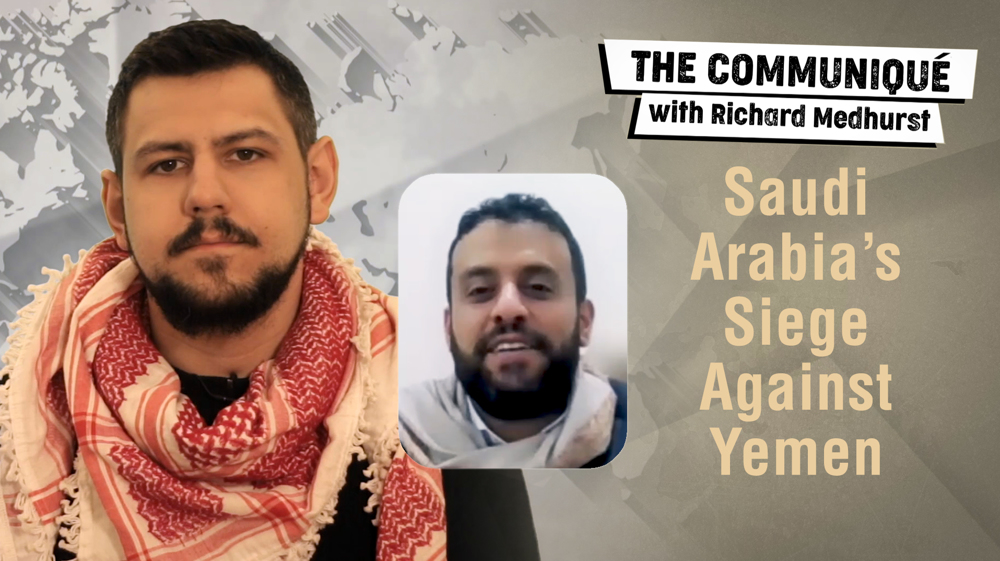Palestinian prisoners hunger strike
Administrative detention is a practice used by Israel to imprison Palestinians indefinitely, without charge or trial.
Administrative detention can be renewed indefinitely every six months. Prisoners are not even allowed to know why they are in prison. There is a secret file on each prisoner which neither they nor their lawyers are allowed to view.
Administrative detention has been described as a form of collective punishment against Palestinians. It is essentially a law from the days of British colonial rule in Palestinian, which Israel has kept to this day.
Administrative detention violates international law and the Geneva Convention. Six Palestinian prisoners have garnered a lot of attention recently as they embarked on a hunger strike to protest their imprisonment under administrative detention.
Kayed Fasfous went on hunger strike for 131 days, drawing attention and support worldwide. He ended his hunger strike on November 22nd when the Israelis agreed not to renew his administrative detention. He was released on December 14th 2021.
Miqdad Al Qawasmeh ended his 113 day hunger strike on November 11th. Hes set to be released in February. Shadi Abu Aker suspended his 69-day hunger strike on November 1 after the Israeli Prison Services (IPS) agreed to terminate his detention in April 2022. The NGOs and Palestinian civil society groups who fight on behalf of these prisoners have come under attack by the israeli occupation government.
On October 25th 2021 israel issued a military order declaring six Palestinian civil society groups as terrorist organizations. They are: Addameer, Al-Haq, the Bisan Center for Research and Development, Defence for Children International in Palestine, Union of Agricultural Work Committees, and the Union of Palestinian Womens Committees.
This comes immediately after employees of these same NGOs discovered their phones had been hacked using Pegasus, an Israeli-made spyware. At least 3 employees, working for Addameer, Al-Haq and Bisan Center respectively, found their devices had been infected with Pegasus, an Israeli cyber weapon.
This investigation by Frontline Defenders was corroborated by Amnesty International and Citizen Lab. Pegasus allows the attacker to do as they please with the victims phone: turning on the microphone, camera, GPS, and view all their messages, photos, and contacts.
This spyware, made and sold by an Israeli company, has been used to target journalists, human rights activists, and dissidents all across the world. Frontline Defenders and others suspect the timing of this terrorism designation was no coincidence.
In order to distract from the hacking revelations, or perhaps to try and justify them indirectly, israeli designated these NGOs as terrorists. This designation has been condemned by the UN. The United Nations called Israels terrorism designation an unjustified attack on Palestinian civil society.
The UN High Commission for Human Rights Michelle Bachelet issued a statement on October 26th saying that the concerned organizations were some of the most reputable in Palestine and had worked closely with the UN for years.
Bachelet added that quote "Claiming rights before a UN or other international body is not an act of terrorism, advocating for the rights of women in the occupied Palestinian territory is not terrorism, and providing legal aid to detained Palestinians is not terrorism," Richard Medhurst speaks with Milena Ansari of Addameer, one of the six organizations targeted by Israel.
VIDEO | Press TV's news headlines
VIDEO | The reckless US
Qalibaf: Recent unrest a 'complementary link' in 12-day war against Iran
Ex-Israeli war minister: Iranian missiles inflicted heavy losses
Trump launches 'Board of Peace' seen as bid to control Gaza
Senior general vows swift response to any aggression on Iran
US federal immigration agents detain 5-year-old boy in Minnesota
Trump used presidency to pocket $1.4 billion in first year back in office: Report









 This makes it easy to access the Press TV website
This makes it easy to access the Press TV website